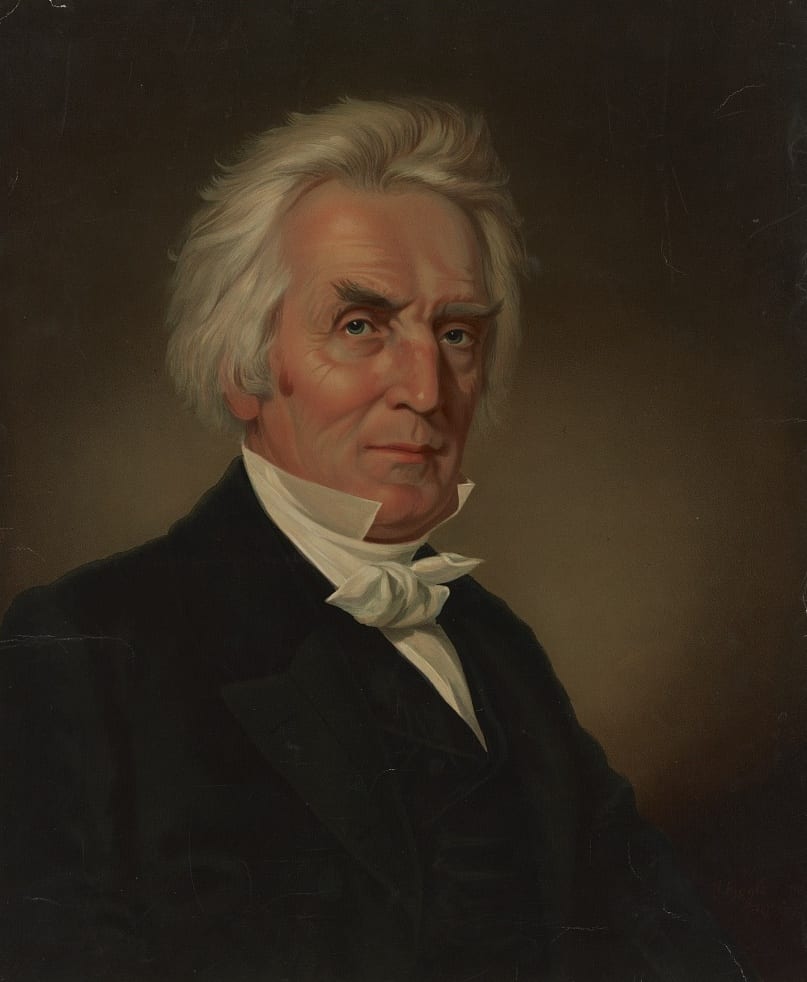It ought, however, to be admitted at once by Natural Philosophers that the unscientific character of prayer for rain depends really not upon its conflict with any known physical law, since it need involve no greater interference with the order of nature than is implied in a request to a gardener to water the garden—it does not really depend upon the impossibility of causing rain to fall when otherwise it might not—but upon the disbelief of science in any power who can and will attend and act. To prove this, let us bethink ourselves that it is not an inconceivable possibility that at some future date mankind may acquire some control over the weather, and be able to influence it; not merely in an indirect manner, as at present they can affect climate, by felling forests or flooding deserts, but in some more direct fashion; in that case prayers for rain would begin again,—only the petitions would be addressed, not to heaven, but to the Meteorological Office. We do not at present ask the secretary of that government department to improve our seasons, simply because we do not think that he knows how; if we thought he did, we should not be debarred from approaching him by a suspicion of his possible non-existence, or a fear that our request would not be delivered. Professor Tyndall’s dogma, if pressed, will be found to necessitate one of these last alternatives; although, superficially, it pretends to make the somewhat grotesque suggestion that the alteration requested is so complicated and involved, that really, with the best intentions in the world, the Deity does not know how to do it.
Sir Oliver Lodge, Man and the Universe, 2nd ed. (London: Methuen & Co., 1908), pp. 8-9.


